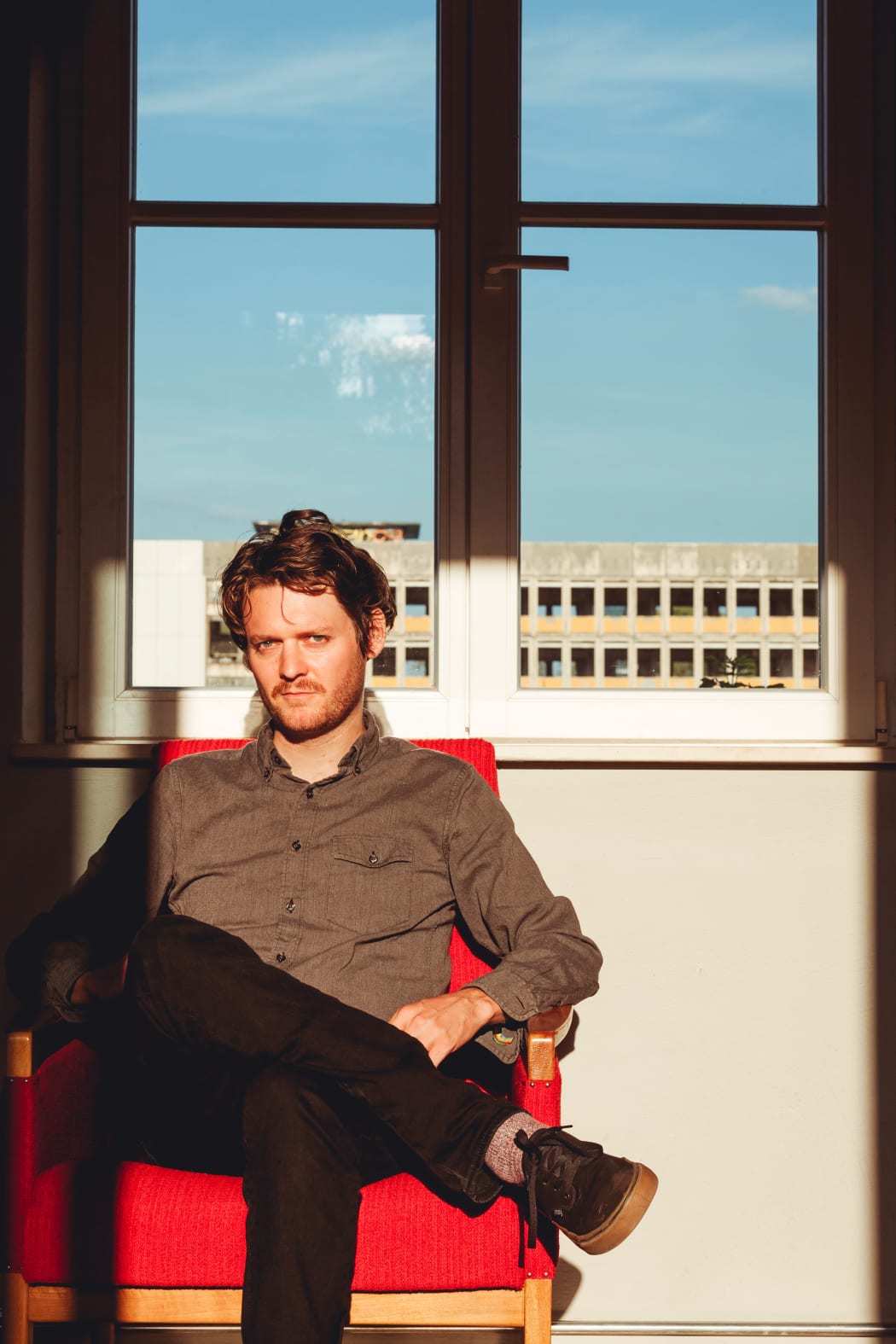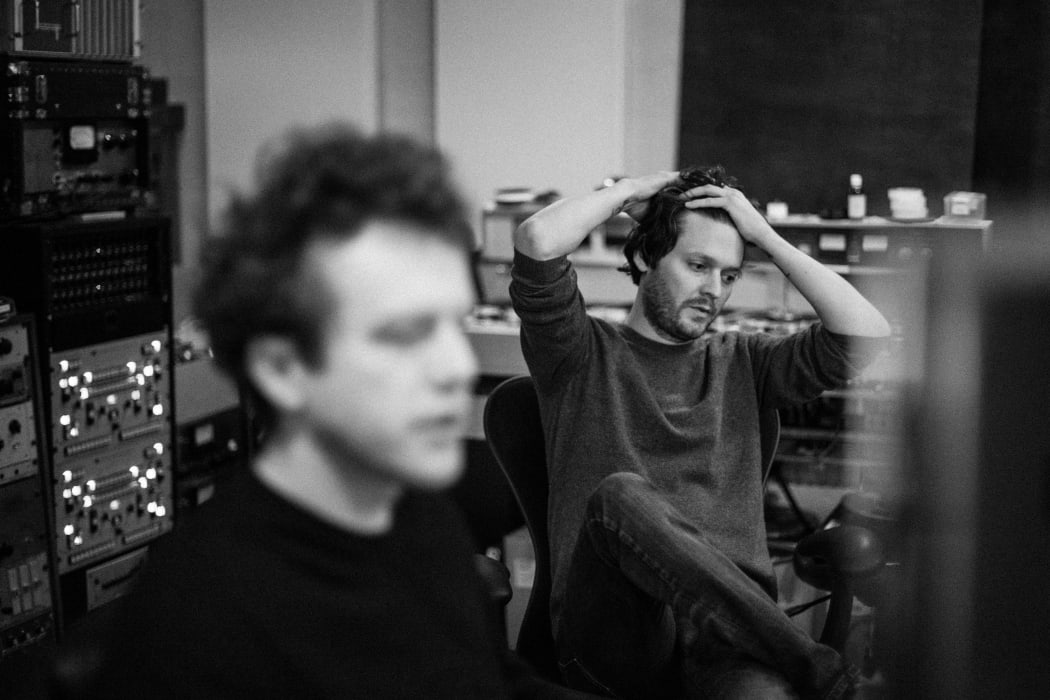“Endless suburban sprawl, backwards ideas and depressing cities” is how Zach Condon describes the USA, though he does grant exceptions to Santa Fe, where he grew up, and his adopted hometown of New York. It’s no surprise then that he has spent so much time out of the country recently.

Zach Condon Photo: supplied
Gallipoli, the new album by Cordon’s project Beirut was primarily recorded in Italy with some work being done in New York and Berlin, where Condon has lived since 2017.
Though the album’s title track was written and recorded in the Italian town of the same name, Cordon says he didn’t sit down with the explicit idea of writing a song about his surroundings.
“Obviously when you travel you’re picking up influences and new ideas… These are things that are filtered, unconsciously, through me and are eventually pushed out the other side.”
But while he may not have had particular intentions about the subject matter he was writing about, the instrument on which he wrote much of the album was of great importance.
His old, malfunctioning Farfisa organ, on which the first two Beirut albums were composed, was brought out of retirement and put to good use.
Condon chose to write on the organ, not only for its sound that “wraps you up like a blanket” but also because of its built-in drum machine that acted as a makeshift rhythm section in his early years.
“You hold down the chords you want, and it plays, like, a waltz for you. And I never had a band growing up…It was a band in a box in a lot of ways.”
The idiosyncrasies of the instrument were not something he wanted to hide, in fact both Condon and co-producer Gabe Wax decided they wanted to push each sound on Gallipoli almost to breaking point.
“The first song [we worked on] was actually the first song on the album, 'When I Die'. And the organ is distorting and crackling and spitting and once I got that, I was like, ‘Every song we do from here, we should double-check it against this one to make sure we’re pushing it as far.’”
The maximalist sound of the instrumentation, enhanced by this production approach, stands almost in opposition to the mellow beauty of Condon’s songwriting, a contrast he says he was aiming for instead of the clean, glossy sheen of much of today’s music.
“I’ve become so de-sensitized to, kind of, computerized music and its prevalence in music these days. I sit there listening to the radio and even a lot of indie music and I find it harder and harder to relate to.
"I get the feeling that that absolute digital sheen, it’s like a nasty HD TV, like hyper-real and it’s cut off from relatability after a certain point.”
Condon’s dedication to his art has taken a toll on his health in the past and he says the process this time round was no different, likening it to being possessed.
“I have to be reminded to eat and I literally have to be reminded to sleep”. Condon says the exhaustion affects him more on tour, describing a situation when he was 19 that wore him out to the point of collapse. “But if you put me in the studio, I can’t stop it.”
So, what keeps Beirut going through these long, all-consuming studio sessions? Exceedingly hot ‘ghost peppers’ brought from a private stash in Lecce, Italy apparently.
“Me, Nick and Paul are all from New Mexico where we eat chili for breakfast, lunch and dinner…. It’s a chili plant that grows that they make into a kind of curry that we put on all our meals. So, for us, it was like going home. It was amazing.”
Related:

Zach Condon in his Berlin Studio Photo: Olga Baczynska

